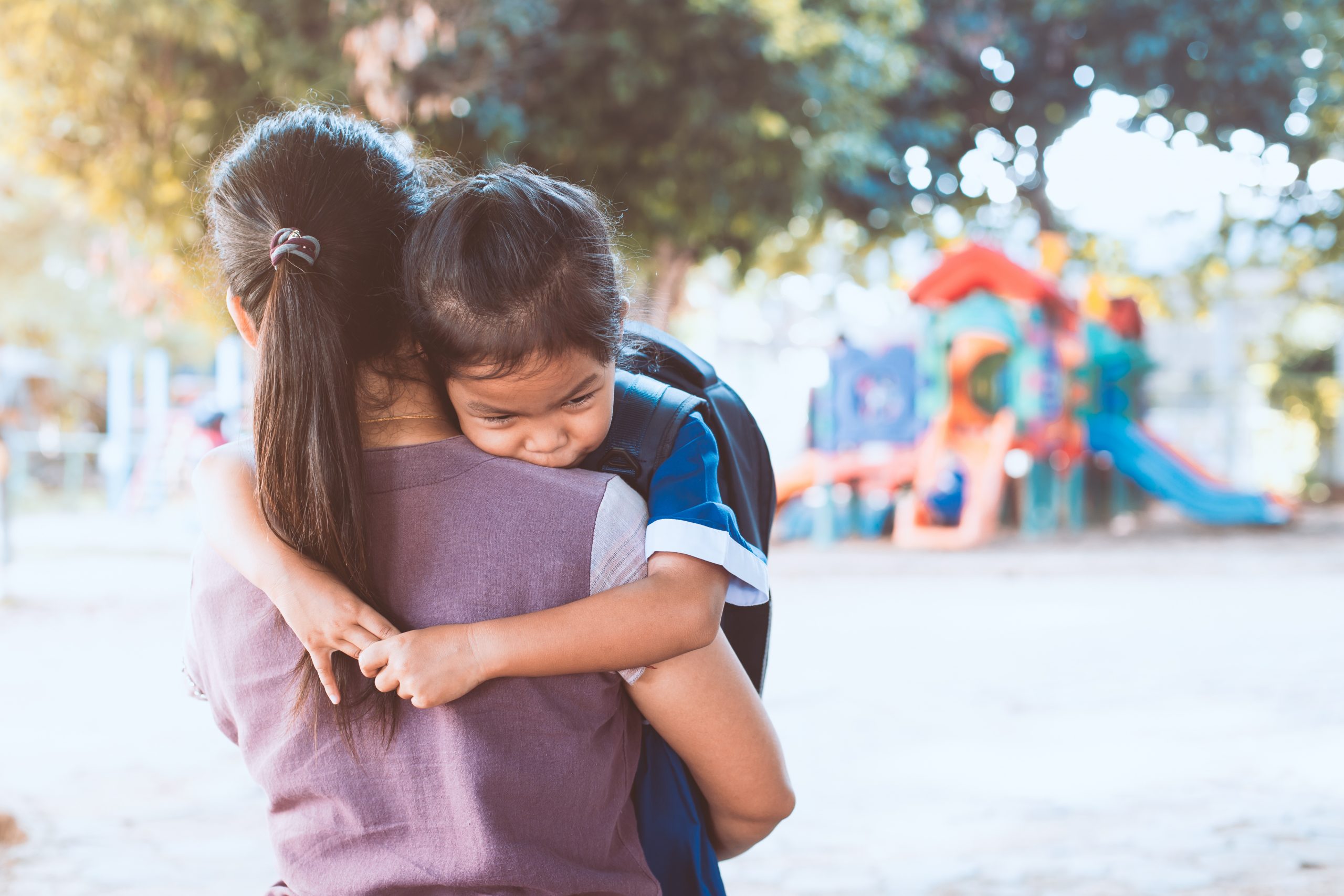
It’s hard to believe that we’ve witnessed another tragic school shooting. What happened at Robb Elementary School in Uvalde, Texas is almost too much to comprehend. All too often it seems we are dealing with mass shootings and just want to pull our children in close. As parents, we struggle with our own emotions as well as our child’s. Here are four tips to help you manage those emotions and support your child:
- Communicate: it is impossible to hide from the news cycle in today’s world. Talk to your child about what happened in a calm, developmentally appropriate way. Answer questions openly and honestly but keep it simple. Avoid graphic details and limit exposure to the news and other media that creates fear. If your child doesn’t feel like talking, that’s ok too. Just let them know you are there. Ask your older child or teenager what they are seeing/hearing on social media and in school
- Manage your own emotions: As parents, it’s natural to have our own feelings of fear and anxiety after an event like this. We want our kids to be safe but don’t want them to live in fear. Emotions are contagious so check on yourself before communicating with your child. By processing your emotions before communicating, you can spread a sense of calm to your child, rather than anxiety.
- Help your child feel their feelings: It’s natural to want to protect our children from painful emotions, but that’s not our job as a parent. When we do, we can actually make things worse. It’s normal to have emotions like fear, anxiety, sadness, or even anger after a tragic event like a school shooting. Let your child feel what they are feeling and don’t try and “fix” it. Let them know that you are here for them. When you allow emotions to run through you, they tend to settle back down to baseline faster.
- Recognize trouble: If your child gets “stuck” in one of these negative emotions, it’s time to seek help. Signs of difficulty processing an emotion include trouble sleeping, persistent or increasing fears or school avoidance, physical complaints like headache or stomachache, and behavior or mood changes. If anything about your child’s mood or behavior concerns you, don’t hesitate to reach out to your trusted Allied pediatrician for help!
Click here for an article that you can use as a resource for helping children cope with frightening news.
Your Allied physicians are always here for you.
Allied Physicians Group is a partnership of more than 150 dedicated, caring physicians and 350 highly trained support staff. We offer pediatric care, family medicine, and other specialties at our practice locations. Allied Physicians Group has office locations in Brooklyn, Queens, Staten Island, Nassau, Suffolk, Westchester, Rockland, and Orange Counties. If you are looking for a physician near you click here, or for more information, please visit: https://alliedphysiciansgroup.com.

